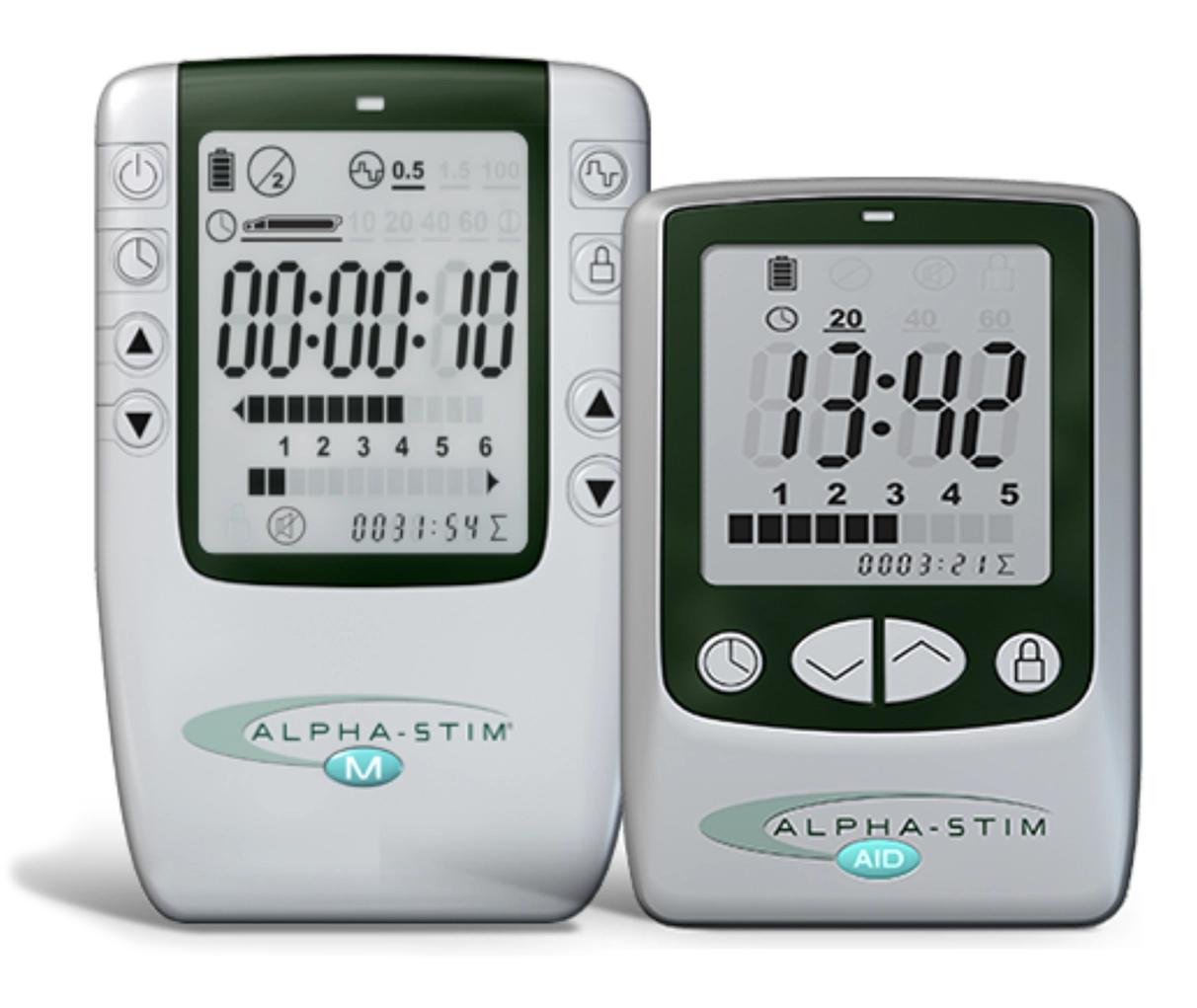Combat and operational stress reactions (COSRs) are defined as “physical, emotional, cognitive, or behavioral reactions, adverse consequences, or psychological injuries of service members who have been exposed to stressful or traumatic events in combat or military operations. COSRs can vary in severity depending on a variety of operational conditions, including intensity, duration, frequency of combat exposure, leadership, and unit morale, among other things. COSRs, however, do not represent mental health disorders or medically diagnosable conditions and concerns.
The term ‘combat and operational stress reaction’ is used to describe two different types of military stress reactions: acute stress reactions in the combat environment called combat stress reactions (CSRs), and reactions to more sustained military operational stressors, or operational stress reactions (OSRs).

CSRs occur in combat or preparation for combat. They are hard-wired survival responses that encompass physiological, behavioral, emotional, mental, and other changes in body processes. Life-threatening situations trigger the autonomic nervous system, which is regulated by two opposing divisions — the sympathetic nervous system, responsible for arousal, and the parasympathetic nervous system, responsible for ‘shutdown.’
The result is a continuum of automatic responses referred to as the ‘defense cascade,’ characterized by extreme (but relatively brief) highs or lows in physiological functions, such as awareness/arousal, behavioral, emotional, mental, speech, and sensorimotor. These changes are intense and cause moderate to severe impairment while they last, but their duration is only hours or, at most, a few days.
Combat Operational Stress – the sum of the physical and emotional stressors experienced due to combat or extended operations.
Combat/Operational Stress Reaction (COSR) – broad group of physical, mental and emotional signs that result from combat/operation stress.
Combat/Operational Stress Reaction Casualty – Soldier who is combat ineffective due to COSR.
Battle Fatigue – Broad group of physical, mental and emotional signs that result from COS.
OSRs are expected temporary behavioral, cognitive, emotional, and physical changes resulting from the experiences or consequences of repeated exposure to a single stressor, or multiple stressors, in combat or non-combat operational settings.
Some of the operational stress reactions a service member may experience include anxiety or fear; attention, concentration, or memory deficits; burnout, emotional exhaustion, or being disengaged; depressed mood, sadness, helplessness, or grief; difficulty falling or staying asleep; frustration, irritability, or anger; and PTSD symptoms.
Because COSRs are expected responses to combat and military operations, the services maintain combat and operational stress control (COSC) programs to improve service members’ ability to manage combat and operational stress. The primary objectives of COSC programs are to:
If service members with COSRs do not respond to initial interventions, referral to a licensed mental health provider is recommended.
PHCoE’s Combat Stress Reactions: Tips for ProvidersCOMBAT STRESS REACTIONS: Tips for Providers offers an overview of the ‘defense cascade’ described above, examples of service members’ experiences, and tips for working with service members who may experience CSRs.
Similarly, PHCoE’s Operational Stress Reactions: Tips for ProvidersOperational Stress Reactions: Tips for Providers offers an overview of the most common operational stressors and associated indicators; and provides guidance on assessing, intervening, and planning for potential upcoming OSRs.
The cost of it is incalculable. It’s about a lifetime of unspeakable grief, nightmares, and rage for what we couldn’t prevent, infinitesimal sadness for those whose lives we couldn’t save. To witness combat and the unspeakable extermination of one another with IEDs and mortars and rockets and rocket propelled grenades and small arms fire defies words and slaughters one’s own humanity. To hold such contempt for our species, flies in the face of everything we knew about the evil that lies beneath the ugliness of war.
We too often became what we once despised. We chose to buy ourselves a lifetime of all things gruesome, painful and unforgettable. The consequences chose us. We can try all day to excise this from our souls, but war has seized them. It sears our souls from which there is no release. We are caught in its grip for a lifetime. One just cannot remove the Soldier from the war — nor would we want them to. We are everyday Americans, but we have been called upon to perform extraordinary deeds. At the end of the day, it is better to die for something than from something.
Kathy Platoni, PsyD, DAAPM, FAIS
COL (RET), US Army, Clinical Psychologist, Dayton SWAT
Editor, Combat Stress Magazine
Combat is sudden, intense, and life threatening.
It is the job of the Soldier to kill the enemy.
Innocent women and children are often killed in combat.
No Soldier knows how he will perform in combat until the moment arrives.

The Alpha-Stim electrotherapy device is proven effective and safe for pain management and treatment of anxiety, insomnia, and depression. It has no lasting side effects, no risk of addiction, and no danger of interaction with medications.
*FDA cleared for anxiety, insomnia, and pain only, with approval for depression outside of the United States.
